Chiaroscuro is a term that hails from the Italian Renaissance, literally meaning “light-dark.” It refers to the strong contrast between light and dark areas in a composition, which can create a dramatic, three-dimensional effect. This technique, often associated with the works of artists like Caravaggio and Rembrandt, has found a powerful place in photography, where it can add depth, mood, and intrigue to your images.
Also remember that a Spring Sale for the Cheat Sheets on all the Compositional Elements is ending soon!
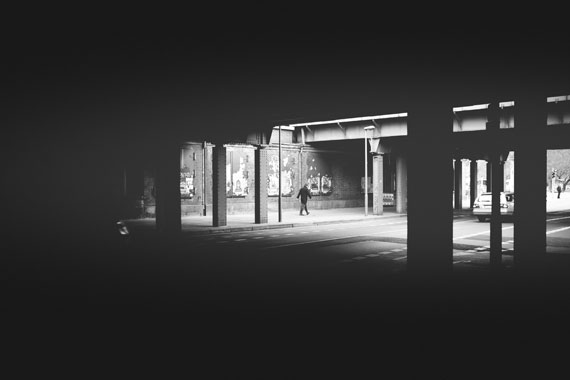
Understanding Chiaroscuro
At its core, chiaroscuro is about the interplay of light and shadow. It’s not just about having bright highlights and dark shadows; it’s about how these elements work together to shape and define the subject. In photography, chiaroscuro can be used to:
- Emphasize Form: Light and shadow can highlight the contours and textures of the subject, giving it a sculptural quality.
- Create Mood: The contrast between light and dark can evoke emotions ranging from mystery and suspense to intimacy and warmth.
- Direct Attention: By manipulating light and shadow, you can guide the viewer’s eye to the most important parts of the image.
Historical Context
Chiaroscuro has its roots in painting, particularly in the Baroque period, where artists used it to enhance the dramatic impact of their works. In photography, this technique became popular with the advent of film noir, where the play of light and shadow was used to create a sense of tension and drama.
Applying Chiaroscuro in Photography
To effectively use chiaroscuro in your photography, follow these steps:
1. Control Your Lighting
The most crucial element of chiaroscuro is lighting. You need a light source that creates a stark contrast between the illuminated parts of your subject and the shadows. This could be:
- Natural Light: Use window light or a single lamp to cast shadows and highlights on your subject.
- Artificial Light: A studio light with a snoot or grid can help direct the light exactly where you want it.
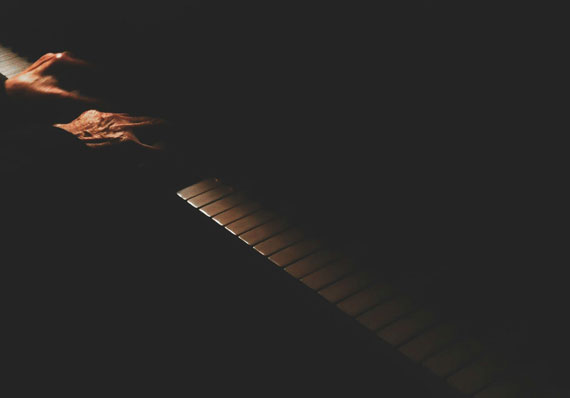
Photo captured by Robert Dickow
2. Understand Your Shadows
Shadows are just as important as light in chiaroscuro. The shadows should be deep and dark, creating a sense of depth and dimension. Position your light source so that it casts shadows that enhance the contours of your subject.
3. Use Negative Space
Negative space, or the area around and between the subject, plays a significant role in chiaroscuro. It helps to frame the subject and emphasizes the contrast between light and dark. Make sure to leave enough dark space around your subject to create a dramatic effect.
4. Focus on Composition
The placement of your subject within the frame is crucial. Typically, the subject is placed off-center, with the light hitting one side more prominently than the other. This asymmetry can create a more dynamic and engaging composition.
5. Post-Processing Techniques
In post-processing, you can enhance the chiaroscuro effect by adjusting the contrast and shadows. Tools like dodging and burning can help you refine the light and shadow areas to achieve the desired effect.
- Increase Contrast: Boost the contrast to accentuate the difference between light and dark areas.
- Selective Lighting: Use tools to brighten or darken specific parts of the image, guiding the viewer’s eye and emphasizing the subject’s form.
Examples of Chiaroscuro in Photography
To better understand chiaroscuro, let’s look at some examples:
- Portraits: A face partially lit from the side, with the other half falling into shadow, creates a dramatic and intense portrait. The light accentuates the subject’s features, adding depth and character.
- Still Life: A single light source illuminating a still life setup, such as a bowl of fruit or a vase of flowers, can create a classic and timeless image. The shadows add a sense of volume and texture to the objects.
- Architecture: Chiaroscuro can be used to highlight the architectural details of a building. The interplay of light and shadow on the structure’s surfaces can create a striking and powerful image.
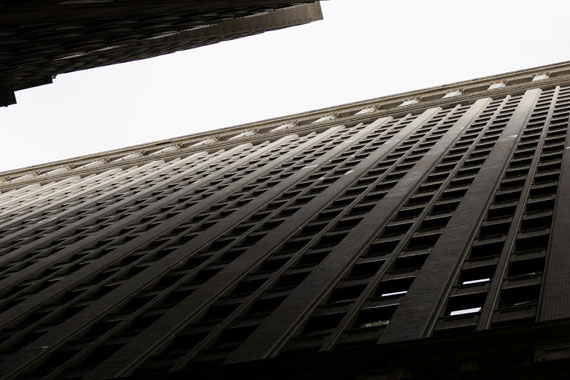
Photo captured by Orian Lev Ari
Practical Tips for Beginners
- Experiment with Light Sources: Try different light sources and angles to see how they affect your subject. Move the light around to find the most dramatic effect.
- Practice with Simple Subjects: Start with simple subjects like a single object or a face. This will help you focus on the light and shadow without the distraction of a complex scene.
- Study Classic Works: Look at the works of artists known for their use of chiaroscuro. Pay attention to how they use light and shadow to create depth and emotion.
Conclusion
Chiaroscuro is a timeless technique that can add a powerful visual impact to your photography. By mastering the interplay of light and shadow, you can create images that are not only visually striking but also rich in mood and emotion. So, grab your camera, experiment with lighting, and see how chiaroscuro can transform your photography.
For Further Training on Composition:
Do you ever have trouble remembering all the elements of composition? These popular Composition Cheat Sheets have you covered. With clear, concise information on all the essential elements of composition, you’ll never be unprepared again. They are currently 81% off today for a Spring Sale if you want to check them out.
The perfect companion for any photographer. Print one out whenever you need it. These cheat sheets consolidate crucial composition-related information, allowing you to concentrate on what truly matters – composing striking photographs.
Spring sale ending soon: The Composition Cheat Sheets at 81% Off
Like This Article?
Don't Miss The Next One!
Join over 100,000 photographers of all experience levels who receive our free photography tips and articles to stay current:



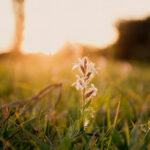

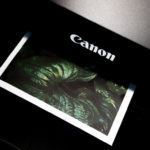
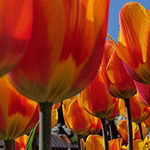
Leave a Reply